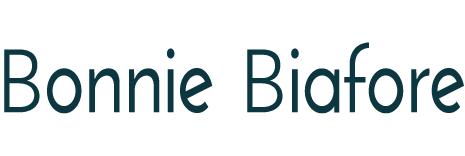Want to Expand Your Skills? Use Your Network!
 Conferences and courses can help expand your skills and enhance your project management career. There are other ways to increase your abilities as part of your everyday job. Check out these ways to increase your skills by using your network.
Conferences and courses can help expand your skills and enhance your project management career. There are other ways to increase your abilities as part of your everyday job. Check out these ways to increase your skills by using your network.
- Swap project reviews. A fresh set of eyes can spot weaknesses, flaws, or risks you might have overlooked. Taking advantage of others’ experiences can improve your project foresight. From your project management network, offer to review one of your colleague’s projects in exchange for them reviewing one of yours. You’ll get to see a project you might not know about, and you and your project management colleague will benefit from the insights you share.
- Engage a contact as a mentor or coach. Take advantage of others’ skills and experiences by asking if they will mentor or coach you. This can be someone within or outside your organization. Internal mentors can help you understand project histories within your group and help with navigating office politics. External coaches provide different perspectives, challenges, and solutions you can apply to your projects.
- Schedule case study discussions with colleagues. Case study sessions allow you and your colleagues to analyze and discuss real-world project scenarios. This can improve your analytical and decision-making skills and offer deeper insights into handling project challenges in your industry and others.
- Expand your network and start a discussion. A quick search on LinkedIn lists more than 17 million people on the platform who refer to themselves as project managers. That is an amazing skill base! Search by industry or in your city and reach out. You’ll probably find other project managers eager to expand their skills as well. Launch a discussion, ask a question about a pressing issue, and take advantage of the experience your network can provide.
- Use LinkedIn’s resources. You’ve discovered my Project Pointers newsletter. I also host live discussions on LinkedIn. You can ask questions during these live events or listen to the recorded videos at your convenience. Other LinkedIn Learning instructors offer newsletters hold live events. Check out the newsletters by Bob McGannon , Doug Rose and Chris Croft among others!
Not sure how to reach out to others? One thing to keep in mind is that lots of others feel the same way. Don’t be afraid to be the one to kick things off. For more about networking, check out Dorie Clark’s Professional Networking course.
_______________________________________
This article belongs to the Bonnie’s Project Pointers newsletter series, which has more than 68,000 subscribers. This newsletter is 100% written by a human (no aliens or AIs involved). If you like this article, you can subscribe to receive notifications when a new article posts.
Want to learn more about the topics I talk about in these newsletters? Watch my courses in the LinkedIn Learning Library and tune into my LinkedIn Office Hours live broadcasts.

